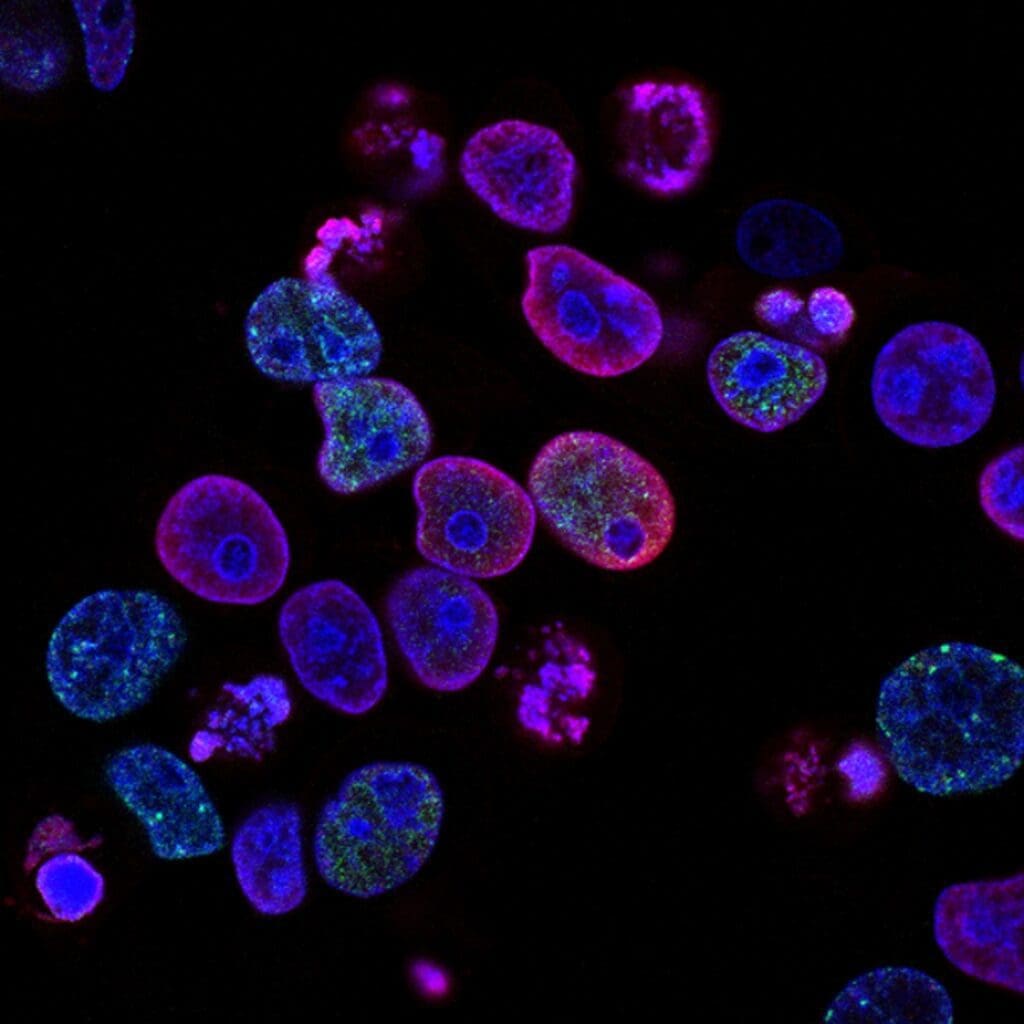
Rare diseases, also known as orphan diseases, are conditions that affect a small percentage of the population. In the United States, a disease is considered rare if it affects fewer than 200,000 people. While each individual rare disease may only affect a small number of people, there are over 7,000 known rare diseases, and together they affect millions of people worldwide.
Living with a rare disease can be a challenging experience. Many rare diseases are difficult to diagnose and treat, and there is often a lack of research and funding dedicated to finding a cure. Patients with rare diseases may struggle to find medical professionals with experience treating their condition, and many face high costs for necessary treatments and medications.
One of the biggest challenges facing patients with rare diseases is the lack of awareness and understanding from the general public. Rare diseases are often misunderstood, and patients may face stigma or discrimination because of their condition. This can be especially difficult for children with rare diseases, who may struggle to find acceptance among their peers.
Despite these challenges, there is hope for those living with rare diseases. Advances in medical research and technology are making it possible to diagnose and treat many rare diseases, and there are many organizations dedicated to supporting and advocating for patients with rare diseases.
One example of a rare disease that has seen significant progress in recent years is cystic fibrosis (CF). CF is a genetic disease that affects the lungs, pancreas, and other organs. In the past, CF was often fatal in childhood, but advances in medical treatment have improved life expectancy and quality of life for people with CF. Today, many people with CF are able to live full and active lives thanks to advances in treatments like gene therapy and precision medicine.

Another example of progress in rare disease research is the development of treatments for spinal muscular atrophy (SMA), a genetic disease that affects the muscles used for movement. In the past, there were no treatments for SMA, and many children with the disease died before the age of two. Today, there are several FDA-approved treatments for SMA, including a groundbreaking gene therapy that can halt the progression of the disease.
While there is still much work to be done to support and advocate for people with rare diseases, there is hope that continued research and advancements in medical technology will lead to better outcomes for those living with these conditions. By raising awareness and supporting organizations dedicated to rare disease research, we can help improve the lives of millions of people around the world who are living with orphan diseases.



